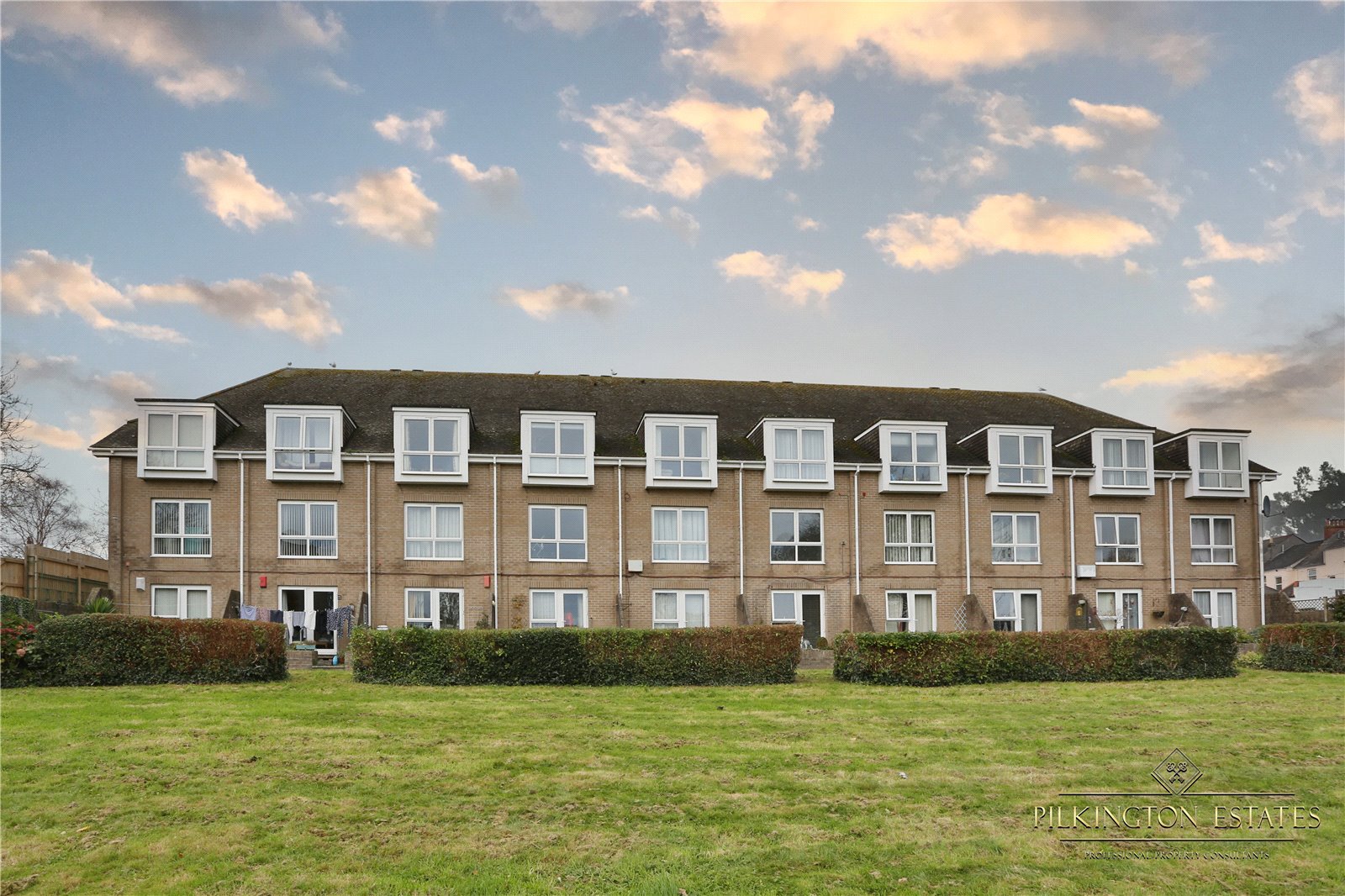
The United Kingdom is home to a vast array of historic properties, from medieval castles and manor houses to Georgian townhouses and Victorian industrial buildings. These properties offer a unique glimpse into the country’s rich history and culture, and they play an important role in preserving the UK’s heritage.
In recent years, there has been a growing interest in historic properties, both from buyers and investors. This is due in part to the fact that these properties offer a number of unique advantages, such as:
- Character and charm: Historic properties often have a unique character and charm that cannot be found in new-build properties. This is due to their original features, such as exposed beams, stone fireplaces, and stained-glass windows.
- Investment potential: Historic properties can also be a good investment, as they tend to hold their value well over time. In some cases, they may even appreciate faster than new-build properties.
- Sense of community: Historic properties are often located in well-established communities with a strong sense of history and identity. This can make them a great place to live for people who are looking for a more traditional and community-minded lifestyle.
Of course, there are also some challenges associated with owning a historic property. These properties can be more expensive to maintain and repair than new-build properties, and they may also have some restrictions on how they can be altered or extended. However, for many people, the benefits of owning a historic property outweigh the challenges.
Exploring historic properties in the UK
If you are interested in exploring historic properties in the UK, there are a number of ways to do so. You can visit historic houses and gardens that are open to the public, such as National Trust properties and English Heritage sites. You can also attend open house events, which are held regularly throughout the year.
If you are considering buying a historic property, it is important to do your research and find a property that is in good condition, and that is suitable for your needs. It is also important to work with a qualified surveyor and solicitor who has experience in dealing with historic properties.
Preserving heritage in the UK real estate market
Historic properties play an important role in preserving the UK’s heritage. They are a tangible link to the country’s past, and they provide us with a unique insight into the lives and culture of our ancestors.
There are a number of things that can be done to preserve historic properties in the UK real estate market. These include:
- Providing financial incentives to owners of historic properties. This could include grants for repairs and maintenance or tax breaks for owners who open their properties to the public.
- Encouraging developers to incorporate historic features into new-build properties. This could help to preserve the character of historic areas and raise awareness of the importance of historic properties.
- Educating the public about the importance of historic properties. This could be done through school programs, public awareness campaigns, and events that celebrate the UK’s heritage.
Pilkington Estates is committed to preserving heritage in the UK real estate market. We work with a number of owners of historic properties to help them sell their properties to buyers who appreciate their unique character and charm. We also provide advice and guidance to buyers who are interested in purchasing a historic property.
If you are interested in learning more about historic properties in the UK, please visit our website or contact us today. We would be happy to help you explore these unique and fascinating properties.











